During this festive Season we have been exchanging good wishes of all kinds. We wish one another good health, happiness and peace, and many more good things. We sometimes summarize them in telling people that we want for them God’s blessings.
The first reading of today’s celebration (Nb.6:22-27) is, in fact, an extended blessing. The text tells us that God himself has chosen the words of it, so to speak.

One expression, repeated in the Psalm that follows (Ps.67:2-3,5,7-8), says:
“May God be gracious to you.”
The word ‘gracious’ evokes the picture of someone who is pleasant, kind, cordial, ready to help. Another definition comes to mind in the words: “filled with God’s grace”.
We are used to the language of religious faith and the expression ‘God’s grace’ is very familiar to us. Perhaps too familiar… we may no longer be aware of its deep meaning.
We may be in danger of seeing ‘grace’ as a ‘thing’, a gift from God, yes, but something different from himself.
In fact, it is the very essence of God, the very way God is for us, towards us… in us! God could not be otherwise!
God wants to ‘grace’ us, that is to share with us what he is so that we may become ever more as he is. This is the very meaning of the feast of Christmas that we have been celebrating.
One of the Fathers of the Church, saint Irenaeus, (c.120-200) said:
“God has become what we are, that He might bring us to be even what He is Himself. »
This is the extent of his graciousness!
Note: Another reflection is available on a different theme in French at: https://image-i-nations.com/fete-de-marie-mere-de-dieu-annee-c/
 The International Day of Charity was conceived as a
The International Day of Charity was conceived as a 
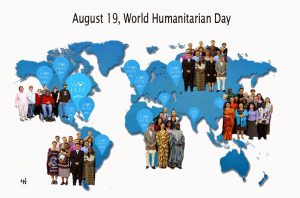 Every year, thousands of men and women the world over put their lives in danger working in Humanitarian causes all over the world. Working in the most poverty and illness stricken third world countries the world over, often in areas of great social violence, these dedicated heroes put their lives on the line, and sometimes lose them in the pursuit of their goals. World Humanitarian Day is when we remember these heroes and their sacrifices.
Every year, thousands of men and women the world over put their lives in danger working in Humanitarian causes all over the world. Working in the most poverty and illness stricken third world countries the world over, often in areas of great social violence, these dedicated heroes put their lives on the line, and sometimes lose them in the pursuit of their goals. World Humanitarian Day is when we remember these heroes and their sacrifices. “Leave your folly and you will live,
“Leave your folly and you will live,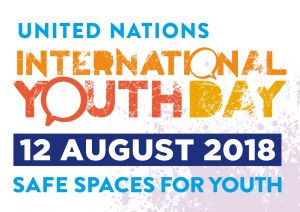 The theme for International Youth Day 2018 is Safe Spaces for Youth.
The theme for International Youth Day 2018 is Safe Spaces for Youth.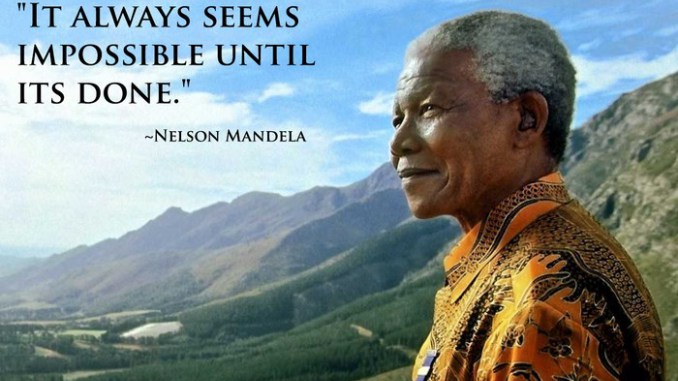
 Every year on July 17, World Day for International Justice is observed all around the world. The aim of the day is to promote international criminal justice and as a way of supporting the work of the ICC.
Every year on July 17, World Day for International Justice is observed all around the world. The aim of the day is to promote international criminal justice and as a way of supporting the work of the ICC.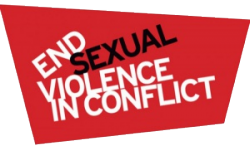 International Day for the Elimination of Sexual Violence in Conflict is a United Nations observance on June 19 to raise awareness of the need to put an end to conflict-related sexual violence.
International Day for the Elimination of Sexual Violence in Conflict is a United Nations observance on June 19 to raise awareness of the need to put an end to conflict-related sexual violence.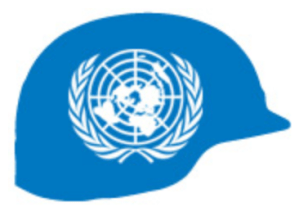 « United Nations peacekeeping is a proven investment in global peace, security and prosperity. Together, let us pledge to do all we can to enable that mission to succeed. » —
« United Nations peacekeeping is a proven investment in global peace, security and prosperity. Together, let us pledge to do all we can to enable that mission to succeed. » —